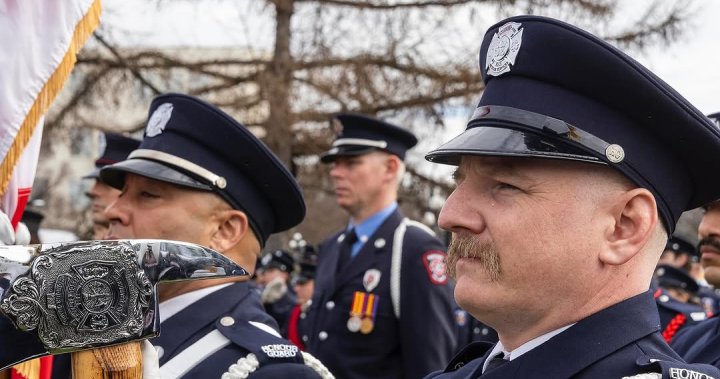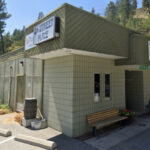A British Columbia firefighter’s routine trip across the border turned into a bureaucratic nightmare, raising questions about cross-border protocols and highlighting the complex web of international agreements governing firefighter mobility between Canada and the United States.
Matthew Ellis, a 12-year veteran firefighter from Kelowna, was turned away at the Osoyoos border crossing last week while attempting to enter Washington state for a family vacation. Despite having valid documentation and no criminal record, Ellis was denied entry due to what U.S. Customs and Border Protection (CBP) officials described as “previous firefighting work” in the United States.
“I was completely stunned,” Ellis told CO24 in an exclusive interview. “The border agent looked at my passport, asked about my occupation, and when I mentioned I was a firefighter who had previously helped battle wildfires in California, everything changed. I was pulled aside for secondary screening and ultimately denied entry.”
The incident has raised concerns about the interpretation of bilateral agreements between Canada and the United States, particularly the Canada-U.S. Mutual Aid Agreement that facilitates cross-border emergency response during wildfire seasons. Under normal circumstances, Canadian firefighters providing assistance in the U.S. do so under specific permits that exempt them from standard work visa requirements.
CBP officials later clarified that Ellis should have applied for a specific work visa for his previous deployments, despite the existence of mutual aid agreements. This interpretation appears to contradict established protocols that have allowed hundreds of Canadian firefighters to assist with U.S. wildfire efforts in recent years.
The British Columbia Wildfire Service expressed concern over the incident. “This appears to be a misunderstanding of existing agreements,” said spokesperson Jennifer Cooke. “We’ve dispatched firefighting crews to the United States multiple times under mutual aid provisions without visa issues. We’re working with federal authorities to clarify the situation and prevent similar occurrences.”
The confusion highlights the increasingly complex nature of cross-border relations at a time when climate change has intensified wildfire seasons across North America. Last summer alone, over 300 Canadian firefighters were deployed to assist with catastrophic wildfires in Oregon, California, and Washington state.
Immigration attorney Sandra Kurland points to inconsistent application of policies at different border crossings. “What we’re seeing is concerning variability in how mutual aid agreements are being interpreted,” Kurland explained. “A firefighter might cross without issue at one checkpoint, while another faces scrutiny or denial at a different crossing, despite identical circumstances.”
Canadian officials have initiated discussions with their American counterparts to address the apparent disconnect. Public Safety Minister Dominic LeBlanc confirmed that his office is “actively engaged with U.S. authorities to resolve this misunderstanding and ensure Canadian emergency responders are not improperly penalized for their service.”
For Ellis, the experience has been both frustrating and concerning. “I’ve proudly served alongside American colleagues during some of their worst wildfire seasons,” he said. “To now be treated as if I had violated immigration laws is not just personally upsetting—it potentially undermines the spirit of cooperation that’s essential during these emergencies.”
As climate experts predict increasingly severe wildfire seasons across North America, the question remains: Will bureaucratic barriers impede the crucial international cooperation needed to combat these devastating natural disasters, or will this incident prompt clearer protocols to facilitate the seamless movement of emergency responders when they’re needed most?


















